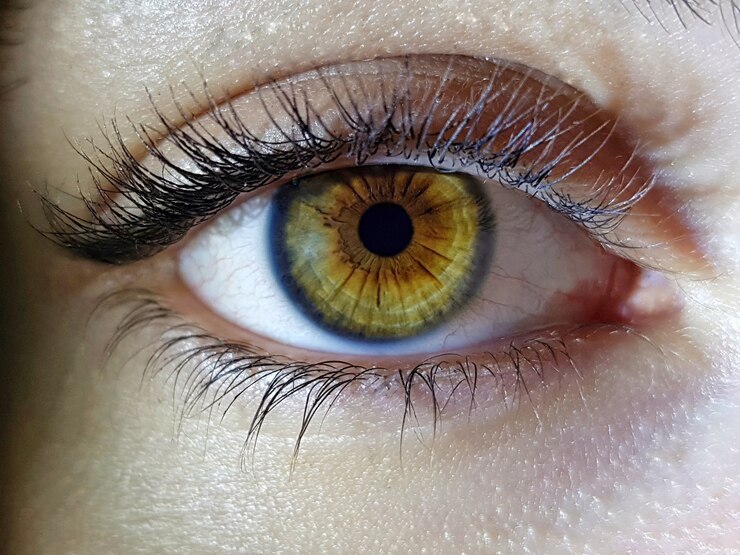1. The Significance of Eye Care:
Eye care is essential for maintaining overall health, and neglecting it can lead to long-term vision problems. In this section, you can explore how our eye_rene845 are crucial for daily activities and how maintaining good eye health contributes to quality of life. Discuss how regular eye exams, proper nutrition, and preventive measures can reduce the risk of eye diseases. With the increasing reliance on screens in our daily lives, understanding how this affects our eye health is more important than ever. The advancement of technology, such as smartphones and computers, has led to an increase in digital eye strain, emphasizing the need for proper eye care and rest periods.
2. Understanding Common Eye Conditions:
This section can delve into various common eye conditions, such as nearsightedness, farsightedness, cataracts, and glaucoma, explaining their causes, symptoms, and how they can be prevented or treated. It is vital to recognize the early warning signs of these conditions, as many can develop without noticeable symptoms at first. Providing readers with an understanding of these issues can help in identifying problems before they escalate. Regular check-ups with an optometrist can catch conditions early, allowing for timely treatment and reducing the risk of vision impairment.
3. The Role of Nutrition in Eye Health:

Just like other parts of the body, the eyes need proper nutrition to function optimally. Certain vitamins and nutrients, such as Vitamin A, C, E, and omega-3 fatty acids, play significant roles in maintaining eye health. A diet rich in antioxidants helps protect the eye_rene845 from harmful free radicals, which can contribute to age-related macular degeneration and cataracts. In this section, you can discuss the types of foods that are beneficial for eye health, such as leafy greens, fish, nuts, and carrots. Highlighting the connection between diet and eye care can help readers make informed choices about their meals and lifestyle.
4. Impact of Lifestyle Choices on Eye Health:
Lifestyle choices, including smoking, excessive alcohol consumption, and poor sleep habits, can all have negative effects on eye health. Smoking, for instance, has been linked to an increased risk of cataracts and macular degeneration. Poor sleep can lead to dry eyes and eye strain, while excessive screen time can result in digital eye strain and discomfort. This section can provide actionable tips on how readers can improve their lifestyle to benefit their eye health. Suggestions could include taking regular breaks from screens, wearing protective eyewear, maintaining a balanced diet, and getting sufficient sleep each night.
5. Technological Advancements in Eye Care:
The field of ophthalmology has witnessed significant advancements in recent years, particularly with the rise of laser surgeries, AI diagnostics, and telemedicine. Laser eye surgeries, such as LASIK, have provided millions of people with an opportunity to correct their vision permanently. Additionally, the development of AI-driven tools has revolutionized how eye_rene845 doctors diagnose and treat conditions, providing more accurate and efficient care. In this section, you can explore the latest technologies transforming eye care, including how AI is improving diagnosis accuracy, the development of smart glasses, and how telemedicine is enabling remote eye consultations, making eye care more accessible.
By breaking down the article into these key sections, you can offer readers a comprehensive guide to eye care, addressing both the importance of maintaining healthy eyes and the latest technological advancements in the field. Each heading leads to an in-depth discussion that can benefit those seeking to improve or maintain their eye health.
